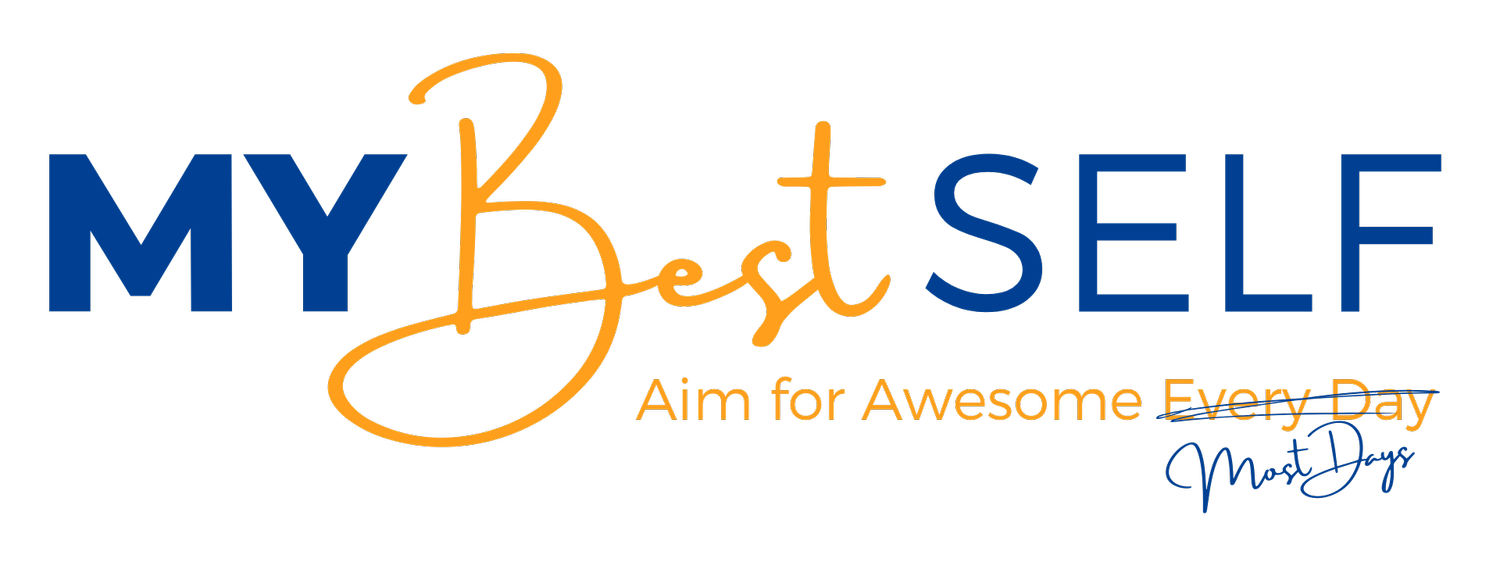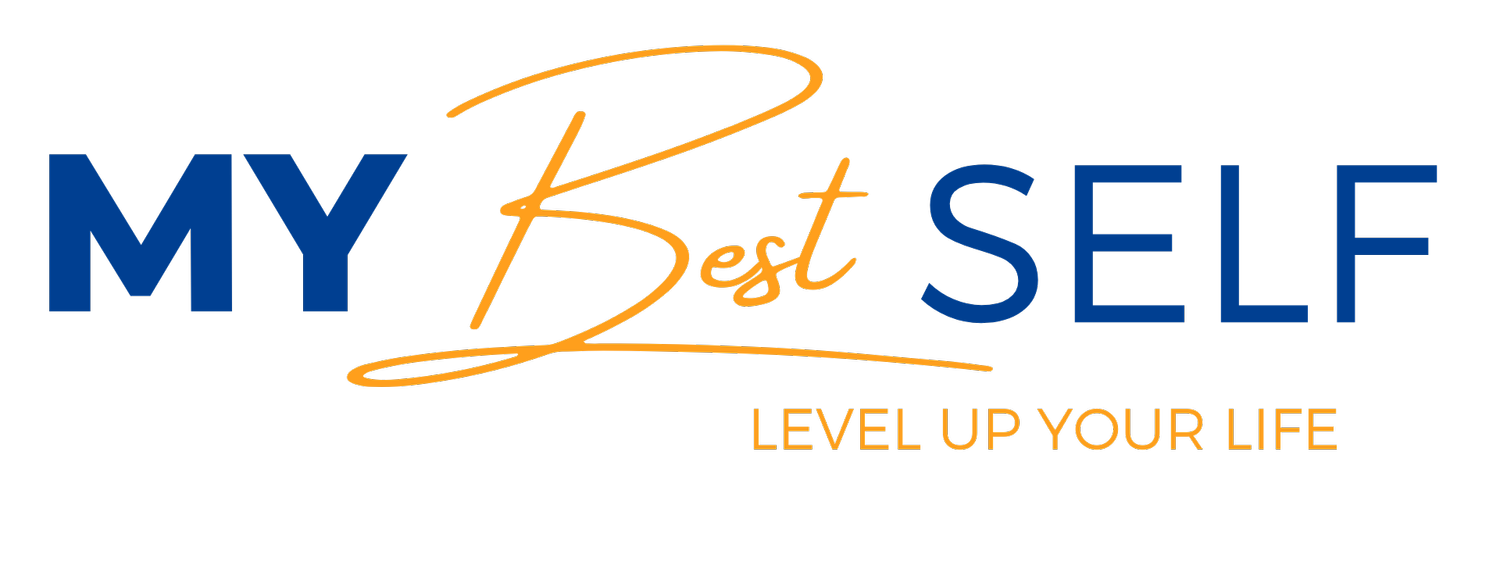Thriving with ADHD
Strategies for a Healthier Life
Living with ADHD, whether personally or within your family, can present unique challenges—but it also offers incredible opportunities for growth and self-awareness. With the right strategies, individuals with ADHD can thrive by embracing their strengths and managing everyday hurdles. Let’s explore practical tips for building a healthier, more balanced life while navigating ADHD’s complexities.
Understanding ADHD in Relationships
ADHD doesn’t just affect individuals; it impacts relationships, too. Miscommunications often arise from ADHD symptoms, leading to unnecessary conflict. For instance, imagine using your keys as a reminder for a task, only to have someone else move them. In an ADHD-affected relationship, small actions like this can easily escalate due to misinterpretation of intentions.
The key to minimizing these conflicts lies in empathy and education. Understanding how ADHD manifests in daily interactions is crucial. When partners and family members are aware of these tendencies, they’re better equipped to respond with patience and support. Psychoeducation is one of the most effective ways to foster this mutual understanding.
Harnessing the Power of Routines, Rituals, and Rewards
For those living with ADHD, structure is vital. Developing consistent routines, creating rituals, and incorporating rewards can transform chaos into manageability:
Routines provide predictability, reducing feelings of overwhelm by offering a clear framework for daily tasks.
Rituals are small, symbolic actions that signal transitions, such as starting or ending the day, helping individuals move smoothly from one activity to the next.
Rewards offer motivation, especially for tasks that may feel mentally exhausting or tedious. Even small rewards can make daunting tasks feel more achievable.
For example, a bedtime routine for children or adults with ADHD can help set a calming rhythm for winding down, while offering incentives for completing tasks can make them more appealing.
Balancing Responsibilities Through Dopamine Awareness
ADHD is closely linked to dopamine regulation in the brain, which can impact how someone approaches daily responsibilities. Tasks that provide little stimulation may feel overwhelming, while those that release more dopamine can be invigorating.
In households where ADHD is present, it’s helpful to consider how tasks can be distributed based on individual strengths and energy levels. For example, one person may prefer handling high-energy tasks, while another might excel at more methodical activities. Open communication about what feels motivating versus draining can help families and partners find a balance that works for everyone.
Breaking Down Myths and Addressing Medication Concerns
ADHD remains widely misunderstood, leading to persistent myths that can frustrate those living with the condition. It’s important to address misconceptions with facts. For example, ADHD is often thought of as an inability to focus, but people with ADHD can experience hyperfocus on activities they find exciting or stimulating.
Additionally, medication can be a critical tool for managing ADHD symptoms. However, factors like medication shortages or hormonal fluctuations, particularly for women, can complicate its effectiveness. Being proactive about seeking information and staying informed can help individuals navigate these challenges with greater ease.
The 10-Minute Challenge: Building Understanding at Home
A great way to foster deeper understanding of ADHD within a household is to set aside time each day for open dialogue. The "10-minute challenge" is a simple but effective method: dedicate 10 minutes each day to discussing how ADHD affects each family member’s experiences. This consistent practice promotes empathy and allows for constructive conversations about behaviors and perspectives, ultimately reducing frustration.
Creating Community and Finding Support
One of the most empowering steps for individuals and families affected by ADHD is to connect with others who share similar experiences. Finding a supportive community—whether through online groups, local meetups, or friendships—can help normalize the challenges of ADHD and provide practical tips for thriving.
Take the Next Step
If you’re ready for more insights and strategies for managing ADHD in everyday life, visit SoFrickinHealthy.com to dive deeper. You’ll find expert advice and actionable tips to help you live your healthiest, most balanced life with ADHD. Don’t forget to subscribe for more valuable content!

